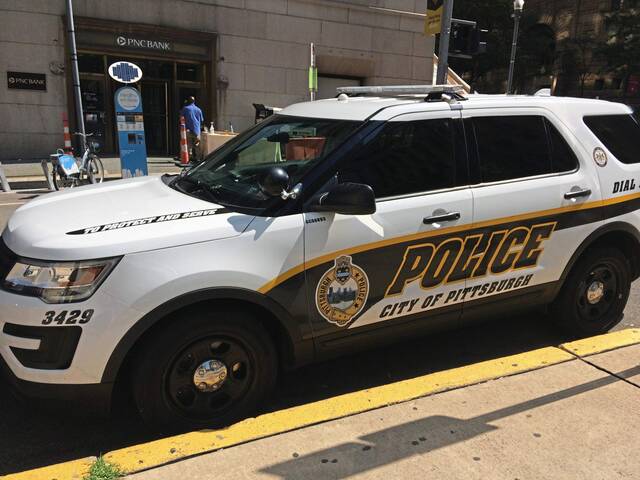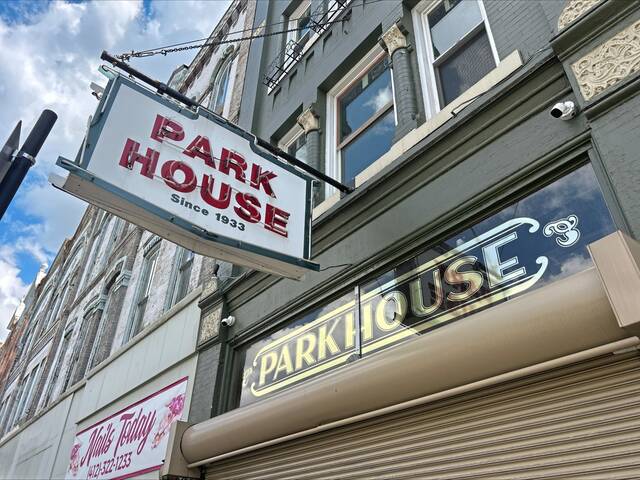Pittsburgh has yet to spend or designate how it will spend about 63% of the American Rescue Plan Act funding that it received.
Pittsburgh received about $335 million from President Joe Biden’s $1.9 trillion economic stimulus bill.
The money can be used to replace lost public sector revenue, support covid-19 response efforts, provide pay for essential workers and invest in water, sewer and broadband infrastructure, according to regulations from the U.S. Treasury Department.
Funds must be obligated by the end of 2024 and spent by the end of 2026.
“It’s really council’s job to meet these deadlines,” City Councilwoman Deb Gross said during a meeting Tuesday to discuss how the city was progressing in spending the money.
The city’s ARPA budget includes allocating nearly $178 million to the operating budget to avoid layoffs, providing a 3% wage increase to non-union city employees and filling in other gaps in the budget.
“We’re on target to expend all of these funds on schedule,” said Jake Pawlak, director of the Office of Management and Budget.
He said the city expects to spend all of that cash by the end of 2024.
Nearly $60 million in ARPA funding is slated for the capital budget, where it often takes longer to spend money because of the planning and construction required, according to City Council Budget Director Peter McDevitt.
“It’s not unusual or unexpected that these projects, while they are all advancing, have not drawn significantly on their allocations yet,” Pawlak said.
Only about $5 million of the $60 million earmarked for capital projects has actually been spent. About $13 million has been obligated.
Pawlak said the administration plans to adjust where some of the funding is going to move money from projects that may not meet the ARPA deadlines to shovel-ready projects that need extra cash. He did not offer details regarding which projects may be impacted.
The city also has allocated more than $70 million of its ARPA funding to the Urban Redevelopment Authority. The URA has not spent any of that money yet, and has obligated only about 5% of it, according to data provided by city officials.
Pawlak said there are provisions in place to get money back from the URA if they are not poised to use it by the deadline.
Other projects funded by ARPA dollars include the $2.5 million bridge asset management program, the $2 million Hays Woods park acquisition and a $17 million project to replace lead lines serviced by the Pittsburgh Water and Sewer Authority.
McDevitt said officials plan to reallocate any ARPA funding that has not been obligated by April 1, 2024.
Though much of the cash is still in the city’s coffers, the city has budgeted for the ARPA money and is monitoring how spending progresses, officials said.
“Very few cities are 100% obligated,” Gross said.
Councilman Anthony Coghill suggested the rush to allocate ARPA funds and the timetable imposed by the federal government was a major drawback.
He said he was dissatisfied with the $17 million allocation for PWSA lead line replacements, since none of it will benefit the district he represents. The district — which includes South Hills neighborhoods such as Brookline, Beechview and Carrick — is serviced by Pennsylvania American Water, and therefore does not benefit from PWSA’s lead line replacement program.
He also questioned whether supply-chain issues could make it impossible for some of the capital projects to meet their deadlines.
Gross also voiced concerns about how the remaining ARPA dollars will be spent.
She said Baltimore was spending a large chunk of its ARPA funding on public health initiatives, such as immunization offices, food security efforts, grab-and-go meals for seniors and people with disabilities, and telehealth infrastructure. Cincinnati spent $3 million in ARPA funding on an emergency shelter and put $6.4 million in the city’s affordable housing trust fund, she added.
Gross questioned why Pittsburgh didn’t consider such options.
“All of these cities keep reevaluating where they are now and where their citizens are now,” she said.
Gross has pushed for using $10 million in ARPA funding to establish a food justice fund, a measure many local food justice advocates have supported.








